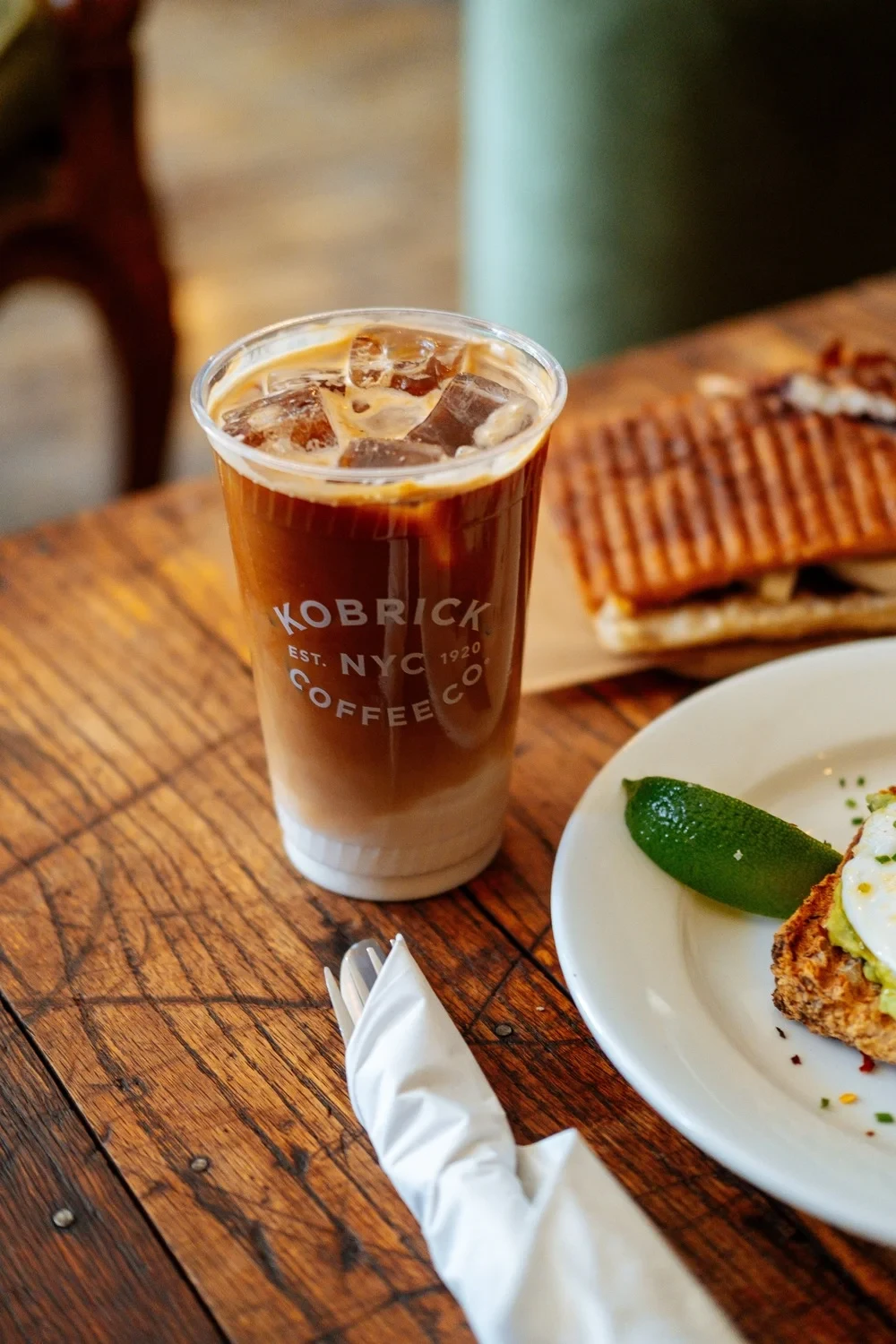The Importance of Food Wrapping Paper in Modern Society
In an era where convenience and sustainability increasingly dictate consumer choices, food wrapping paper plays a pivotal role in the food industry. This seemingly simple product serves a multitude of purposes, from preserving the quality of food to enhancing its presentation. As we delve into the significance of food wrapping paper, we discover its various types, benefits, and the growing trend towards eco-friendly alternatives.
Types of Food Wrapping Paper
Food wrapping paper comes in several forms, each designed to meet different needs. Common types include wax paper, parchment paper, plastic wrap, aluminum foil, and biodegradable wraps.
- Wax Paper This type is coated with a thin layer of wax, making it moisture-resistant. It is ideal for wrapping sandwiches, baked goods, and other perishables. However, it is not suitable for hot items or in the microwave, as the wax can melt.
- Parchment Paper Often used in baking, parchment paper is heat-resistant and non-stick. It is perfect for lining baking trays and can also be used to wrap food for steaming or cooking en papillote, allowing for a healthy method of cooking that retains flavor and moisture.
- Plastic Wrap Highly versatile, plastic wrap clings to most surfaces and is an excellent choice for covering dishes and wrapping food items for storage. However, its environmental impact raises concerns, sparking a demand for more sustainable options.
- Aluminum Foil Known for its excellent heat retention, aluminum foil is often used for grilling and baking. It is also effective in preserving the freshness of food, making it a popular choice for leftovers.
- Biodegradable and Compostable Wraps As sustainability becomes a pressing issue, the market has seen a rise in eco-friendly food wraps made from natural materials such as beeswax, cotton, and plant-based polymers. These wraps are not only biodegradable but also reusable, making them a popular choice among environmentally conscious consumers.
food wrapping paper

Benefits of Food Wrapping Paper
Food wrapping paper is essential for various reasons. Primarily, it helps preserve food by preventing moisture loss and protecting it from contaminants. This is particularly important in the food service industry, where maintaining food quality is paramount. Proper wrapping can extend the shelf life of products, reducing food waste and promoting sustainability.
Moreover, food wrapping paper enhances food presentation, which is crucial in both home and professional settings. A well-wrapped sandwich or dessert not only looks appetizing but also conveys care and attention to detail. In catering and gourmet food services, the aesthetic appeal of food packaging can significantly influence customer perception and satisfaction.
Additionally, food wrapping paper facilitates convenience. In today’s fast-paced lifestyle, consumers appreciate ready-to-eat options that are easy to transport and consume. Convenient food wrapping ensures that meals can be enjoyed on the go, catering to busy individuals and families.
The Shift Towards Sustainability
Amidst the convenience of traditional food wraps, there is a growing awareness about the environmental impact of plastic and non-biodegradable materials. Many consumers are seeking sustainable alternatives that align with their values. This shift is prompting companies to innovate and create eco-friendly wrapping solutions.
Businesses are increasingly adopting biodegradable food wrapping paper, which can decompose and return to the earth without leaving harmful residues. Additionally, some companies are exploring reusable options that not only reduce waste but also offer a more cost-effective solution in the long run.
Conclusion
Food wrapping paper may seem like a minor detail in the broader landscape of food production and consumption, but its significance cannot be understated. As we navigate the complexities of modern society, it is essential to recognize the importance of food wrapping paper in preserving food quality, enhancing aesthetics, and promoting sustainability. With a shift towards eco-friendly options, the future of food wrapping paper looks promising—offering both practicality and environmental responsibility. The choices we make today in food packaging can lead to a healthier planet for future generations.



